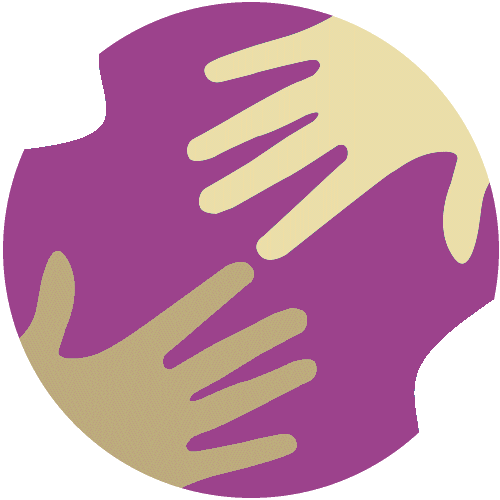As a teenager, Anastazja Varan found herself being asked for her help from her friends with relationships and the everyday struggles of life.
That’s no surprise since from a young age she read mental wellness books and became fascinated with understanding others and finding ways to help in their personal struggles.
“Deep down, I knew mental health was one of the most intriguing fields for me,” Anastazja said. “I love connecting with others, learning about their worldviews, and helping them find meaning and purpose in life.”
Today she works with individuals and couples experiencing anxiety, stress, OCD, trauma, relationship issues, and a lack of confidence. She is a licensed professional counselor practicing in Chicago.
She has an interest in working with the elderly, and that began at the age of 19 when, while working at Lutheran Life Communities in Arlington Heights, she became fascinated with the differences in outlooks among the patients.
“Some were so happy and energetic, and others were unhappy and criticized themselves. They had a hard time connecting with others. In school I found out how mental health and physical health affected people.”
One-fifth of Elderly Have Mental Health Problems
About one-fifth of the elderly age 55 and over experience some type of mental health problem, according to the CDC. The most typical issues are anxiety, severe cognitive impairment, and mood disorders.
One of the crisis points in a senior’s life is when they have to move from home to a senior living facility.
“When changes occur, some are in fact forced to leave the comfort of their homes to a small room where they feel isolated. If they have to give up their drivers license or wear a brief for continence control, that is difficult.”
“Furthermore, having your kids grow up and move away, maybe out of state leaves them alone and lonely. Their grown children often think that their parents are taken care of since they have professional help.”
“In our culture, older adults may often be portrayed as adorable or cute. In other cultures, older adults may be viewed as individuals with years of knowledge and wisdom which is highly respected. Societal views can have a profound impact on how we feel about ourselves.”
One elderly person Anastazja worked with was helped after she began working as a volunteer in a gift shop. “She was able to interact with a lot of people and joke around with customers. We love to have connections,” she said of people in general.
Typical Therapy Treatment
Anastazja typically begins her work with a new client when an adult son or daughter contacts her with concerns that their parent does not seem to be acting like themselves, she said. Many times they are transitioning into a new living space and have a loss of mobility, and are having trouble forming intimate relationships, or dealing with the death of a loved one.
She will then schedule a session with them, and after they give her permission to do so, she will visit the person on a weekly basis. “I have to learn more about them and their needs. Find out how they are coping, look for any specific stressors or trauma, especially in the previous six months.”
She also uses Zoom meetings when necessary. At times it is good to meet with family members or others at the same time, whether via a secure Zoom or in person.
Clients make payments with private pay or with Blue Cross Blue Shield insurance. Find out more about how Anastazja can help your aging parent or loved one by calling her at (630) 625-8454. Or email anastazja@thepresentc.com. Her practice is called Present Counseling and Coaching.
